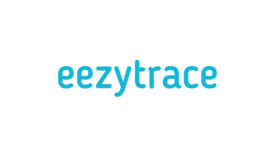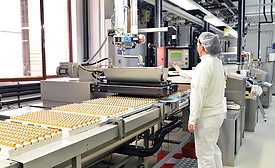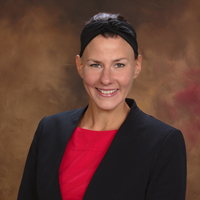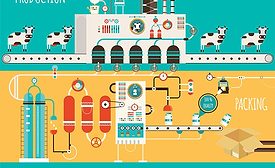Home » Keywords: » food safety management
Items Tagged with 'food safety management'
ARTICLES
The Importance of Third-Party Gap Assessment for a Food Safety Management Program
An unbiased gap assessment of a foodservice business' FSMP should be performed by a third party, using a defined set of standards for each business function
April 10, 2023
Food Safety
The evolution of food safety management systems—from early 1900s to audits today
January 28, 2020
Food Safety
Assessing risk in your operation’s food safety plan
By law, your assessment must evaluate two elements: likelihood and severity of occurrence
November 19, 2019
Food Safety
How to manage recalls
New tools help processors manage recall processes
June 15, 2018
Food Safety
The importance of preventive controls
Preventive controls are a must for processors to meet safety goals
April 30, 2018
How food processors can fight cross-contamination
Processors must have a detailed plan and execute it properly to prevent big problems.
February 21, 2018
The impact of Peanut Corporation of America's criminal convictions
The sentences doled out to the company execs are the largest in any food safety case on record.
February 16, 2018
The benefits of food safety management systems
Insights from processors and experts on why food safety management is especially essential in the food and beverage industry
February 12, 2018
EVENTS
Webinar
12/3/24 to 12/3/25
Contact: Vania Halabou
Facilities Focus: Food Safety Factors to Consider in Hygienic Design and Infrastructure
Sponsored Webinar FSS Live Streaming | May 13 – 15
5/14/25 to 5/14/26
Contact: Vania Halabou
Leveraging AI for a Safer Today and Tomorrow
Never miss the latest news and trends driving the food safety industry
eNewsletter | Website | eMagazine
JOIN TODAY!Copyright ©2025. All Rights Reserved BNP Media.
Design, CMS, Hosting & Web Development :: ePublishing
















